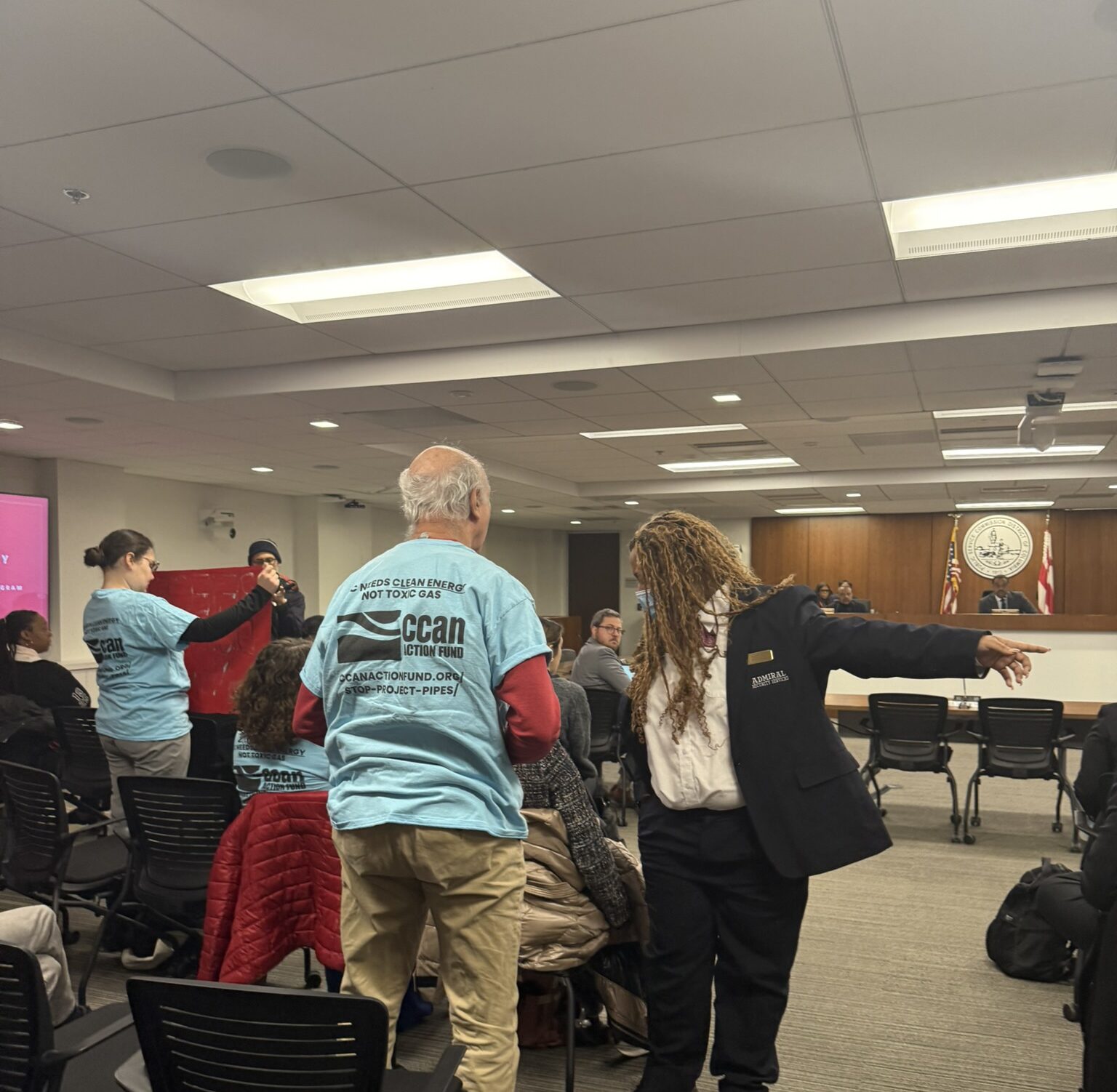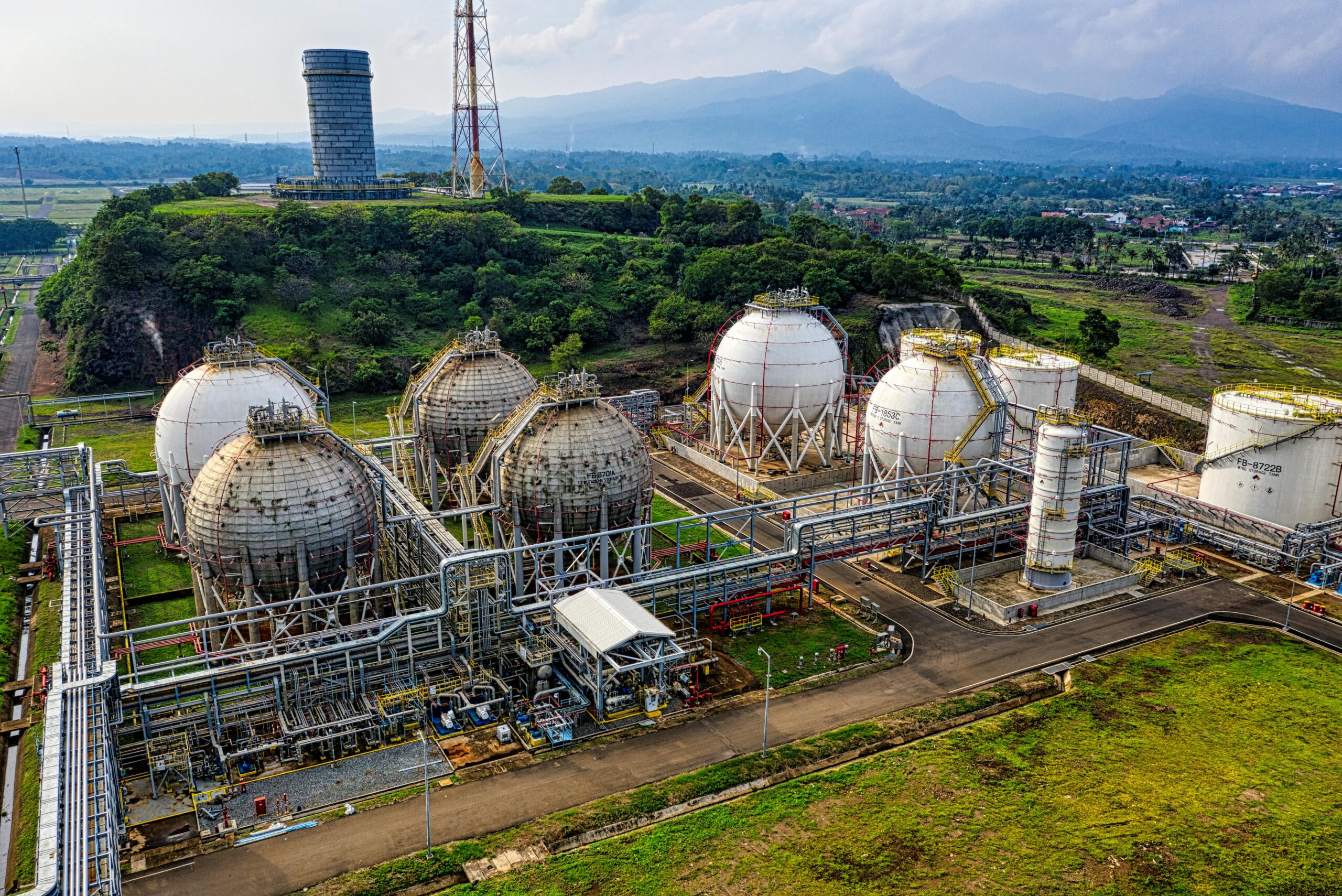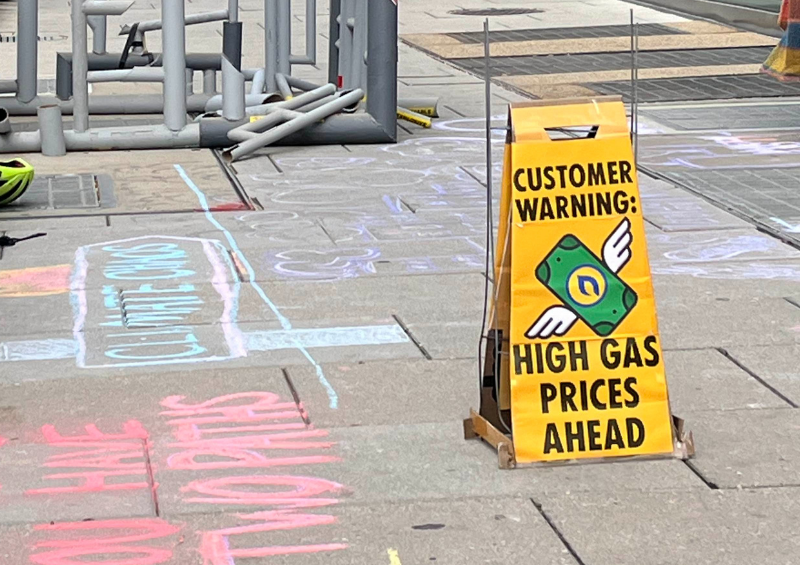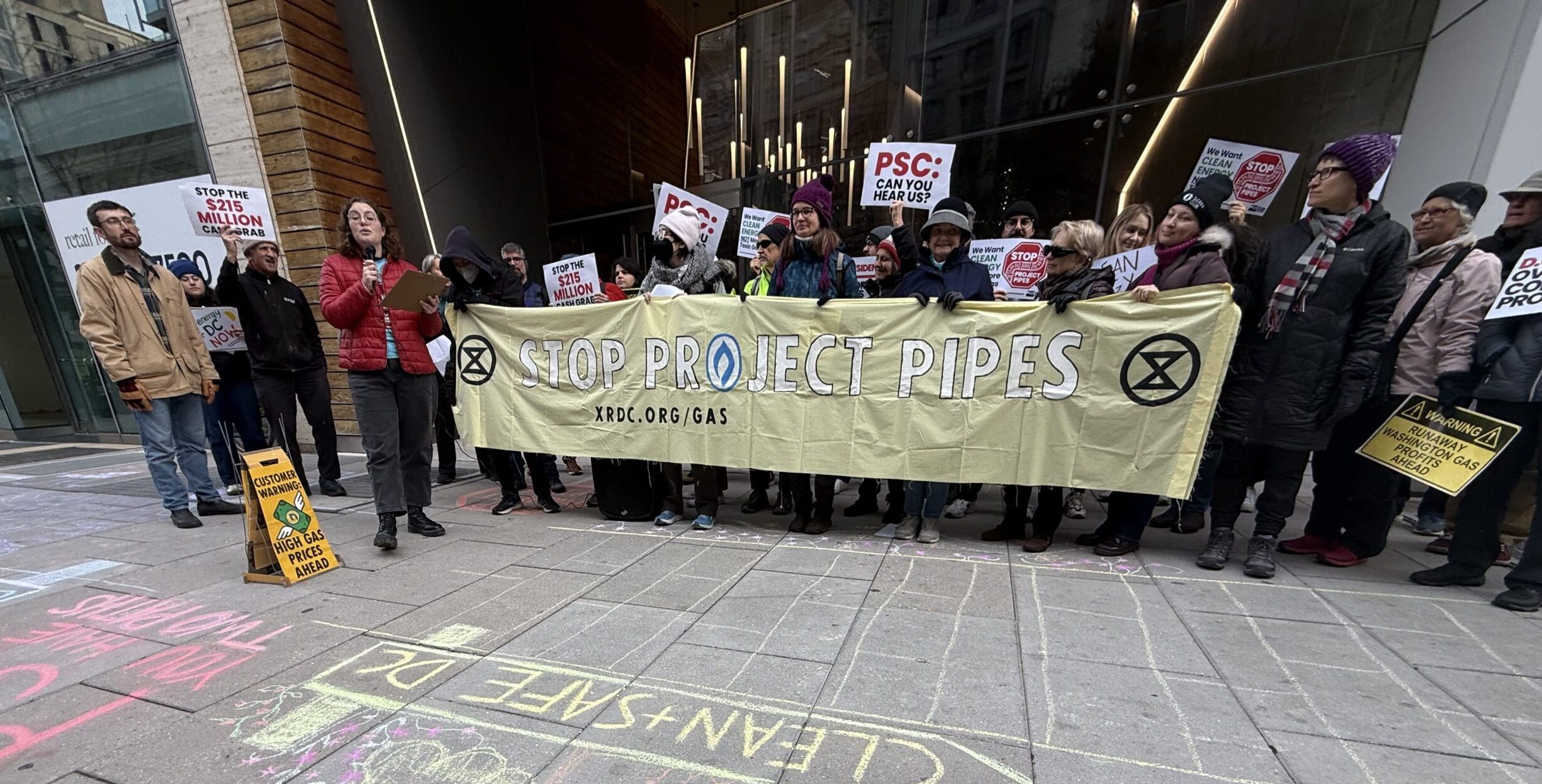Get to Know CCAN
Our team draws strength from working with people like you. Together, we CAN fight climate change and build a cleaner, safer future for all. Come fight with us!
Climate Victories
For years, CCAN has been working to pass climate policies and block fossil fuels. Find out about victories we've achieved and lessons we've learned.
Make It Personal: Join Us!
Our Action Membership program aims to expand leadership and strengthen our community. Find out how we can help YOU make a real impact.














